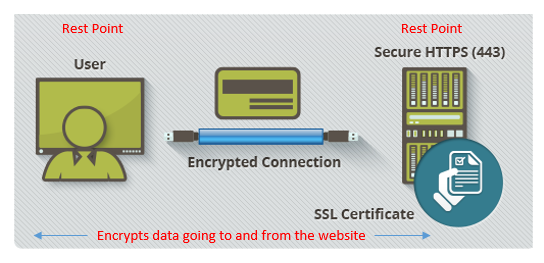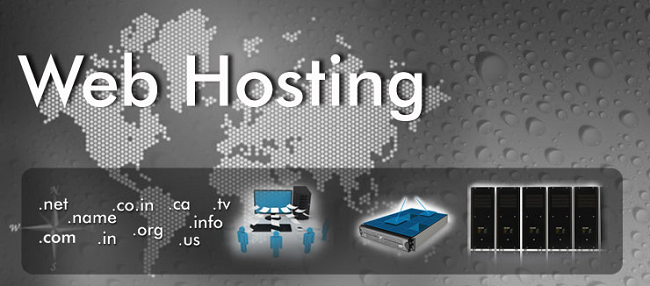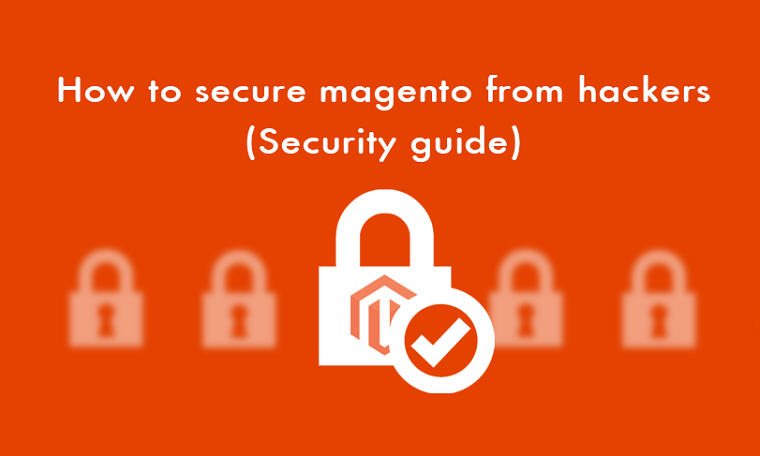In this age of ample Internet use, most of the tech-savvy people love to shop online to save their precious time and energy. So, the volume of E-commerce business is increasing rapidly. Unfortunately, with the tremendous increase in online transactions, E-commerce websites are more exposed to various types of online security vulnerabilities.
As E-commerce websites deal with financial exchanges and store the sensitive details of customers, hackers try to access those websites unlawfully to have benefits. If you talk about Magento E-stores, they are also prone to security threats despite the availability of several built-in security features. So, what can you do to safeguard your Magento store against illegal hacking attempts? Well, below is a list of some basic security precautions that will help you to obliterate all hacking attempts and keep it safe.
1. Password Management
Passwords help you to protect your online life. But, using weak passwords can invite various security problems. One of the main problems with passwords is that people need to remember them to login into their E-accounts.
People use several E-accounts for different purposes. For their convenience, they use an easy password on multiple sites. This could be a disaster if hackers access to your login details (using malicious programs or viruses), they can easily hack all of your E-accounts within a few minutes.

Password Management Tips:
When you operate an E-commerce website, you need to use complex passwords that can’t be guessed easily or predicted by hackers. Use the below-mentioned tips:
- Don’t use the names of family members, contact numbers, place names, etc, as your password. A good password may contain letters, numbers, and special characters. You can use password management tools to manage your password easily and quickly.
- Change your password at least once in a month to reduce the chances of getting your E-commerce site hacked. When you update your password at regular intervals, it becomes difficult for hackers to hack your E-commerce website.
- Consider using 2-factor authentication on your E-commerce website. It adds an additional layer of security to your site and requires users to use a code (apart from a username and password) when they try to login into the website using a new computer/laptop. If an online fraudster manages to obtain your password, he/she will not be able to hack your website due to the lack of a unique code, generally sent to your mobile/emails/apps.
2. Block Malicious Traffic To Your Website
By default, websites are available to all when they go online, allowing website owners to receive traffic from all geographical locations. But, it has some pitfalls as well. Your website may be attacked with malicious traffic, SPAM, etc. If you are constantly getting malicious bot traffic (which tries to gain the control of your website through harmful programs), you can use an Antivirus to protect your website. Antivirus automatically detects online security threats and block them instantly. Alternatively, you can block malicious web traffic to your E-commerce website by blocking fraudsters with their IP addresses.
3. Set Up Alert For Suspicious Activities On Your Website
You can use Google Alerts to track all activities on your E-commerce website and get notified about it. When you use this tool, it detects the suspicious activities on your website and informs you instantly through emails. You can then sort out the problem easily.

With this tool, you can track online bully elements who do multiple and suspicious transactions from the same IP address using stolen credit/debit cards, but their billing address and the recipient name is different from the card holder name.
4. Use FTP carefully
When you create a website, you need to upload some files to your server sooner or later to let your site work properly. Although, you can upload files to your website through different means, but FTP (File Transfer Protocol) is the easiest and quickest way to perform that action.
Diagnosis of easy FTP passwords by hackers is a common way of website hacking. Make sure you use highly encrypted and secure password while using the FTP software. Furthermore, you can use FTP-SSL and SFTP to improve the security of your Magento store.
5. Use An Unencrypted Connection (SSL/HTTPS)
When you transfer data across an unencrypted connection, hackers try to intercept your data and utilize them for their own benefits. If this happens, it could jeopardize your E-commerce business. In order to find out the solution of this problem, you can use a secure connection.

While operating Magento websites, you can use HTTPS/SSL URL easily by utilizing the option “Use Secure URLs” in the system configuration menu. It protects online transactions on your website and makes it compliant with the PCI data security standard. As by now, you know the importance of using SSL Certificate, so if you are planning to buy SSL certificates then you must check these Cheap Wildcard SSL Certificate Providers. This is a list of some famous and reliable SSL Certificates authorities.
6. Conduct Security Audit Regularly
You must undertake internal security audits to trace significant security problems on your E-commerce portal. If you don’t know how to conduct the security audit on a Magento E-commerce site, you can seek help from a well-known Magento development company.
Expert IT auditors can easily commence a security audit on your website, find out possible security holes and can suggest you effective preventative measures to protect your site against online security breaches.
7. Select The Best Hosting Plan For Your E-Commerce Website
Choosing a good hosting plan also helps you to keep your website safe from online security breaches. In order to mitigate the cost (of operating an E-commerce website), most of the entrepreneurs flock to the shared hosting plans.

But, when you use shared hosting, your site is exposed to numerous security risks. You should use managed or dedicated hosting plans to secure your website with consistent patches at server-level.
8. Use The Latest Magento Software
The Magento development team toils a lot to look for possible security vulnerabilities in Magento software. So, they keep releasing new versions of the software from time-to-time. Therefore, you need to upgrade your Magento E-shop whenever a new update is released. It helps you to increase the security of your E-store and boost its performance. If you don’t do so, it can make your E-shop an easy prey for hackers and affect its overall performance as well.
9. Backup Your Website Regularly
Scheduling regular backups (of your E-commerce website) is a significant step of website security. A clean backup allows you to retrieve your website easily if something goes wrong (such as malicious attack, server breakdown, etc,).

Ways To Backup Your Website:
- You can ask your hosting company to backup your website.
- Keep all files safe (that you use on your E-commerce website) in a separate computer/laptop or on various storage services.
- Use Magento extensions to backup your E-commerce portal automatically.
Wind Up
Website security is extremely important for all entrepreneurs involved in the E-commerce business. These are some compelling security tips that will help you to secure your E-commerce portal against all online security threats and give secure shopping experience to buyers.


Thanks to share good list of security check list in Magento